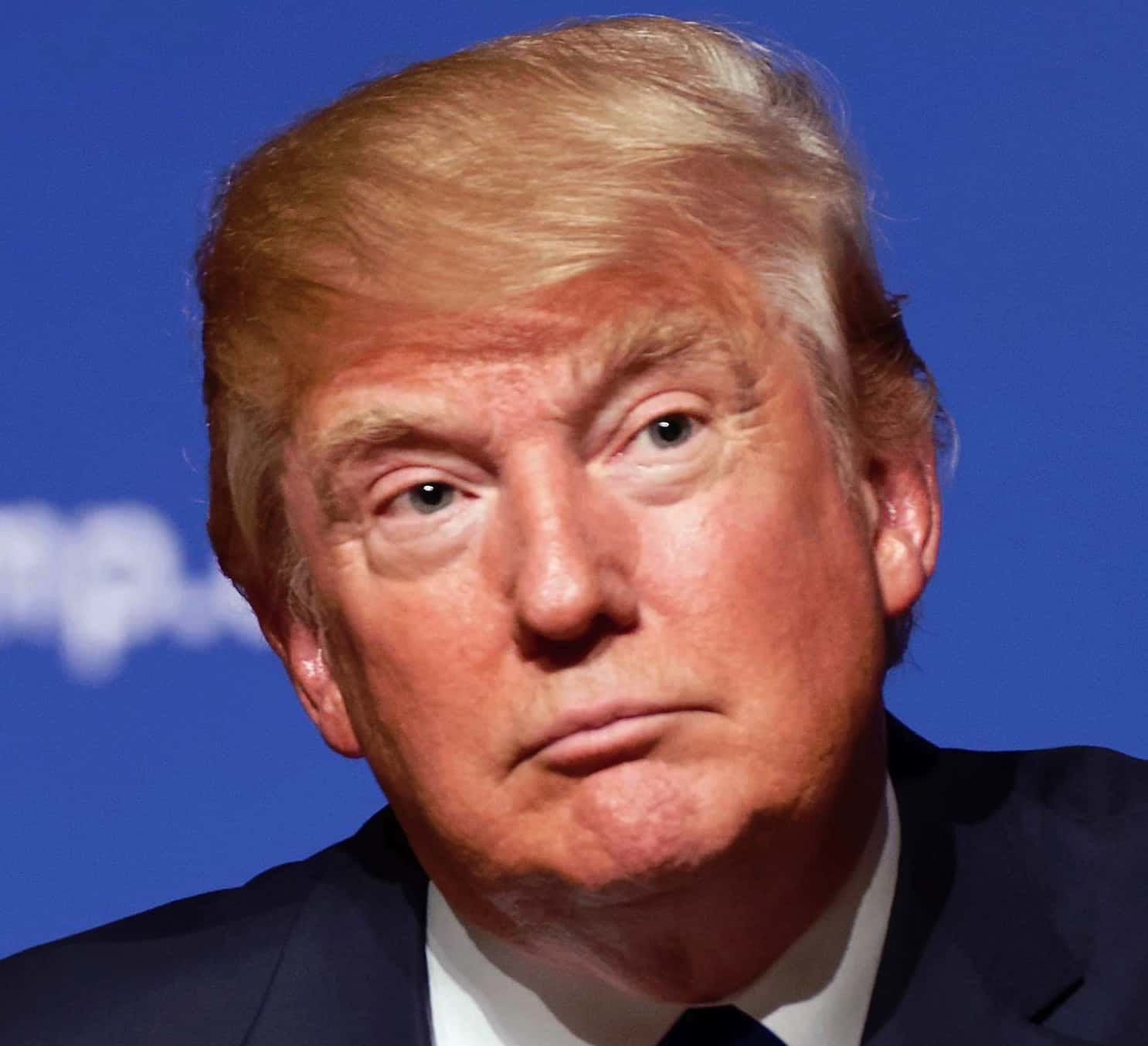
The White House has released a report which for the first time recommends U.S. government-funded research into geoengineering. The report, which was submitted to Congress last week by the Office of Science and Technology Policy, falls short of calling for real-world experiments, laying out a case for research into the science behind large-scale climate intervention and the “possible consequences of any such measures.”
The White House report comes one week before businessman Donald Trump is set to be inaugurated as the 45th president of the United States. Trump has repeatedly denied the scientific consensus on climate change, and has nominated a collection of climate deniers to head key agencies related to energy, environment, and public lands in the U.S.
The report’s release raises the question of whether a Trump administration would support further research or even deployment of geoengineering technologies. There are a number of reasons to believe that he would.
First, Trump and his nominees are heavily linked to the fossil fuel industry, which has an enormous material interest – to the tune of trillions of dollars in booked assets – in promoting the notion that society can extract known carbon reserves and overshoot carbon budgets today, while relying upon future techno-fix solutions to clean up the mess later on.
The president-elect himself, as recently as 2015, was invested in Chevron, Statoil, Shell, Transcanada, and Energy Transfer Partners, the company behind the contested Dakota Access Pipeline. The list of Trump’s department nominees reads like a dystopian novel. If confirmed, the U.S. Energy Department, Environmental Protection Agency, and Department of the Interior would all be led by people with close ties to fossil fuel interests who deny anthropogenic climate change, while the State Department would be led by Rex Tillerson – longtime CEO of ExxonMobil.
The second point is that simultaneous support for climate change denial and geoengineering, or rapid shifts from one position to the other, are not logically incoherent when viewed through a political lens. This is particularly true among political actors on the far right, associated with groups ranging from the American Enterprise Institute, the Cato Institute, the Competitive Enterprise Institute, and the Heartland Institute.
Trump ally and former House speaker Newt Gingrich – who famously flipped from climate change skepticism, to geoengineering supporter, back to climate denial – offers just one prominent example of this maneuver. And it’s not difficult to imagine a similar shift from the president-to-be himself. Trump’s interview with the New York Times in November offers a window into his opportunist mode of thinking; where in response to a question about climate change, he notes that, “I have an open mind to it…we’re going to look very carefully,” followed immediately by, “it also depends on how much it’s going to cost our companies.”
The third point is that geoengineering is a technology particularly well-suited for those who fashion themselves as would-be autocrats. In a testament to the effectiveness of the U.N. Convention on Biological Diversity’s de-facto moratorium on geoengineering, the U.S. has so far restrained from proposing any real-world experiments. However, the U.S. is not a party to the convention – and it’s troublingly easy to imagine a Trump administration taking unilateral action on testing, or where feasible, deploying geoengineering technologies.
Much has been written about the possibility of a Trump administration utilizing large-scale disruption – such as a terrorist attack – as a pretense for suspending civil liberties, undermining democratic institutions, and going after political rivals. This age-old strategy, most recently on display in Erdogan’s Turkey following the attempted coup, provides a model for an authoritarian response to a cataclysmic natural disaster.
In fact, Trump’s practice of denigrating all sources of information outside of himself – ranging from the press, to political opposition, to the intelligence agencies – would prove particularly useful in declaring and sustaining activities under the banner of a climate state of emergency. Trump may not have to go it alone – with Rex Tillerson at the helm of the vast State Department apparatus, it’s likely Trump could find an ally in Putin’s Russia, which has at least on one occasion quietly pushed the IPCC to include geoengineering in its reports.
The antidote to all of this is to build and support organizations and movements united by a common vision of a fundamentally different type of economy – one that revolves around zero waste, ecosystem restoration, regional food systems, durable public housing and public transit, and community-scale renewable energy. An authoritarian approach to geoengineering will draw its power from fear and a recycled notion of “There Is No Alternative” type thinking – therefore our response must be based as much on hope and vision as it is on building organizations and movements with the power to win.




